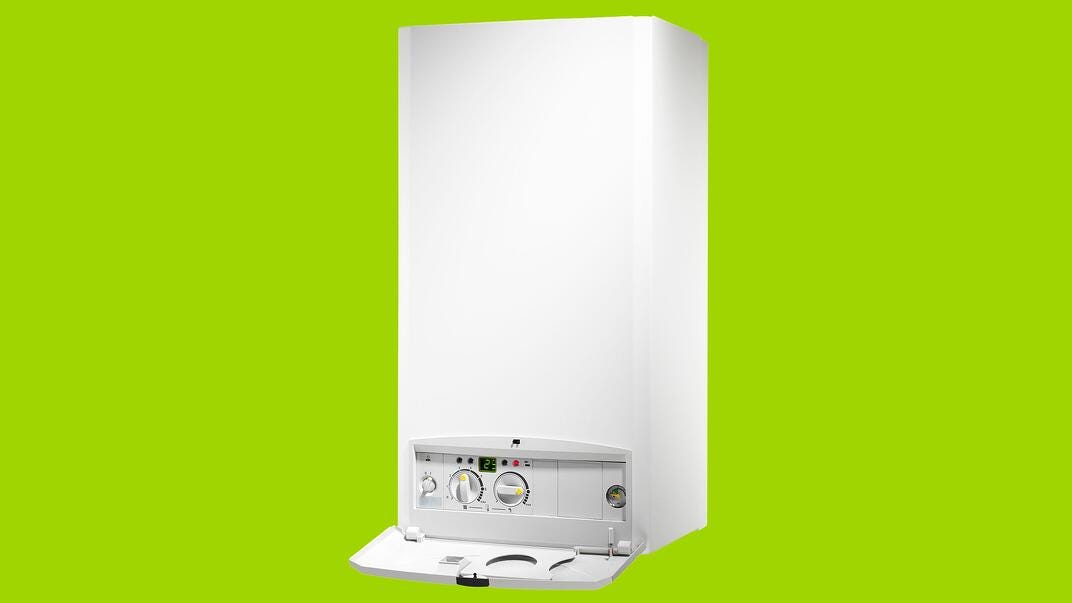The Wrap #11 | Is your boiler working for your employer, too?
A shot of thinking fuel, brought to you each month by Futurestate Design Co.
Hi, July. This month, we’re thinking about how we each need to trust our ideas (for a while at least), recognise and embrace unexpected consequences, and work less to make more.
Driving ideas across the finish line
What’s going on?
Autonomous cars are creeping closer in our rearview mirrors. A longtime sci-fi notion, the ‘lidar’ – one of the radar-like systems that help vehicles to know what’s around them – is hoping its precision technology can avoid all car crashes.
Why it matters?
Cars, vaccines, scooters, airplanes – whatever the innovation, it’s always a question of safety/risk in their widespread adoption, not their inception. Knowing when an idea, or a product is viable for launch demands some form of foresight.
So what can you do? Whether it’s making a case through testing or other evidence-based lobbying, or building a case to take to your board, we say don’t ignore your hunches, but know that they’ll need to be validated. Consumer testing is essential... but maybe let the crash-test dummies go first.
Read the original article on Singularity Hub
Whichever way you read it, the 4-day week works
What’s going on?
Japan is recommending companies offer their staff 4-day work weeks, in the interests of the country’s economy. The benefits, they cite, include increased spending and child-rearing (procreating a younger workforce for an increasingly ageing population).
Why it matters
Far be it for the 4-day week champions at Wilson Fletcher to weigh in on the discussion, but well, duh. Teams work better when they're fresher and are happier when they’re trusted.
The 4dw helps teams work super-effectively those days they’re in, with enough of a break when they’re not to reset and enjoy the lives they work hard to support. And make more babies.
Read the original on Futurism
Carbon offsetting, but not as you know it
What’s going on?
Companies that have pledged carbon neutrality as a result of the pandemic have realised that they’ve just relocated their carbon footprints to the homes of their team members. In order to actually report on this, they need to monitor their teams’ energy uses at home. To minimise their impact, firms may have to implement new policies like subsidising any cost increase to their staff for switching to an eco-friendly energy provider.
Why it matters
Anonymising the data, as the energy-tracking startup Pawprint does, may mitigate the data privacy issues felt at sharing your monthly energy bill, but what’s interesting here is how two huge concerns come up against each other unexpectedly: it’s personal data privacy vs. protecting the environment.
All actions have consequences, so consider their impact holistically and here, like many aspects of change, new opportunities will emerge. Work collaboratively with a diverse team of those involved to spot these opportunities and you’ll find unexpected ways to improve your customer experience, teams’ output and even your impact on the planet. Remember: you have to think big about the small stuff too.
Read the original on Wired UK






